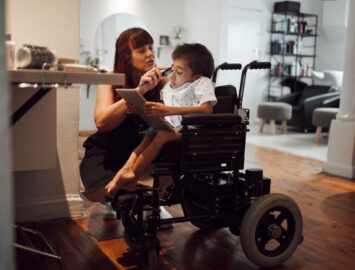Last Updated on June 8, 2022 by Michelle Wan
Many sick patients must be monitored in a hospital to check their vital signs such as blood pressure, heart rate and rhythm, temperature, respiratory rate, blood oxygen saturation and SPO2. This is so important in providing the patient with high quality health care and treatment.
You go into the hospital for various reasons—infection, sickness, surgery, accident, et cetera. You go into these hospitals trusting that you will receive the proper standard of care from the nurses and doctors. This sadly isn’t always the case. The nurses are generally in charge of monitoring you and notifying a doctor of any issues that maybe happening.
In situations where a patient is not being properly monitored, the medical facility’s employees are failing basic care that falls below the ordinary standard of care they are required to provide to you or a family member. A nurse’s failure to monitor vital signs, administer ordered medications, or check patients for increased distress or illness can lead to severe health complications, permanent injury and even death.
Something as simple as monitoring, sadly, can get overlooked or ignored—nurses are overworked and underpaid, shift changes occur between day and night nurses, proper protocols and shortcuts are happening. All of this can be catastrophic. If a machine is alarming and there is no one around to check on the patient, it could lead to respiratory arrest, cardiac arrest, or death. It is very important, if possible, for a family member or someone to be with you when you are in the hospital to be your advocate.
If you or a family member have suffered injury or death from not being monitored during a hospital stay, call Thomas & Wan, LLP for a free consultation. We are happy to answer any questions you have, please contact us at 713-529-1177.



